Tim Walz’s son Gus Walz has raised awareness of neurodivergence and people with disabilities after celebrating his father at the Democratic National Convention in Chicago on August 21. The son of the Minnesota Governor and Democratic Vice Presidential candidate has a non-verbal learning disorder, as well as an anxiety disorder and ADHD, according to WTTW Chicago.
Gus was sitting in the audience at the DNC when his father accepted his party’s nomination. As Tim Walz extended gratitude to his family, Gus stood up to point at his father, visibly crying as he called out, “That’s my dad!”
This moment brought newfound attention, both to Gus and to other Americans with disabilities. CBS News cites Jen Diedrich, vice president of the Minnesota Autism Center, as saying that Gus’s shout-out gave “‘a national and honestly international stage’” to people with disabilities, who have long been hidden from the social foreground. (For example, people on the autism spectrum will sometimes “mask,” or hide their autism to fit in with others around them.)
ABC News talked to Lauren Schrero, a disability rights lawyer who co-founded the non-profit the Nora Project, named for her daughter with multiple disabilities. “‘We don’t frequently see folks with disabilities allowed to express themselves in that way,” said Schrero of Gus’s show of support. “‘Usually we’re asking them to mask [hide their disabilities] or not even bringing them into the room at all.’”
Schrero hopes Gus’s father Tim Walz can help spark more discussion about the challenges and needs of his son and others.
That said, the response to Gus hasn’t been universally positive. Some online users have mocked the Walz son. Sarah Grundle identified conservative figures Mike Crispi and Ann Coulter as two of these detractors in a Bloomberg opinion article. Both Crispi and Coulter have rescinded their remarks in response to criticism, Grundle writes.
Meanwhile, mainstream news outlets have covered Gus in a different, but no less controversial way. Grundle, who has a daughter on the autism spectrum, writes of right-wing derogatory remarks towards Gus: “It was sadly predictable. What surprised me, however, was the discomfort I felt at the reaction coming mostly from the left–the equivalent of a collective ‘Aww, isn’t he adorable.’”
Timotheus Gordon, interviewed by WTTW Chicago (above), elaborated that Americans with disabilities are “often called either evil or adorable, simply because we are seen as either less than or childlike or bad for society, when in fact, people with disabilities…or neurodivergent folks in general…are human, just like everybody else. We are capable of lots of things…”
Tim Walz’s support of his son is emboldening to disability advocates. Jessica Anacker, president of the Texas Democrats with Disabilities political caucus, witnessed Gus’ moment with his father as the Texan delegate to the DNC. According to USA Today, Anacker and her allies hope a prospective Harris-Walz administration will expand “home and community-based services through Medicaid, which she said is one of the most urgent issues facing Americans [on the] autism [spectrum].” Anacker says that state medicaid services for autistic people often have long waiting lists and underpaid staff.
According to an article in The Colorado Sun, after Gus and Tim Walz’s moment at the DNC, others shared theirs or their families’ stories with nonverbal learning disorders. The article’s author Mario Nicolais even put out a call on X (formerly Twitter) for donations to the non-profit The NVLD Project, causing a surge of contributions that crashed the project’s website.
“I think that what I have noticed is that it has opened people’s eyes to what disabilities can look like…and that it’s not so obvious to everyone,” said Erin Dailey from the Special Education department regarding Gus at the DNC. Discussing how students with disabilities are seen at Niles North, Dailey said, “I would like people to be more accepting, and to want to be more involved, and I would like people to not use it as a weapon of, ‘Oh, you’re in these classes, you’re Special Ed,’ like, labeling people. I would like them to be more embraced, and [for those without disabilities to] not use it as a [pejorative].”


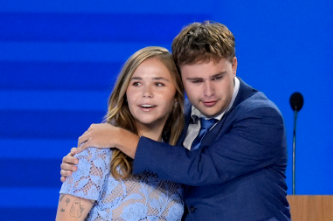
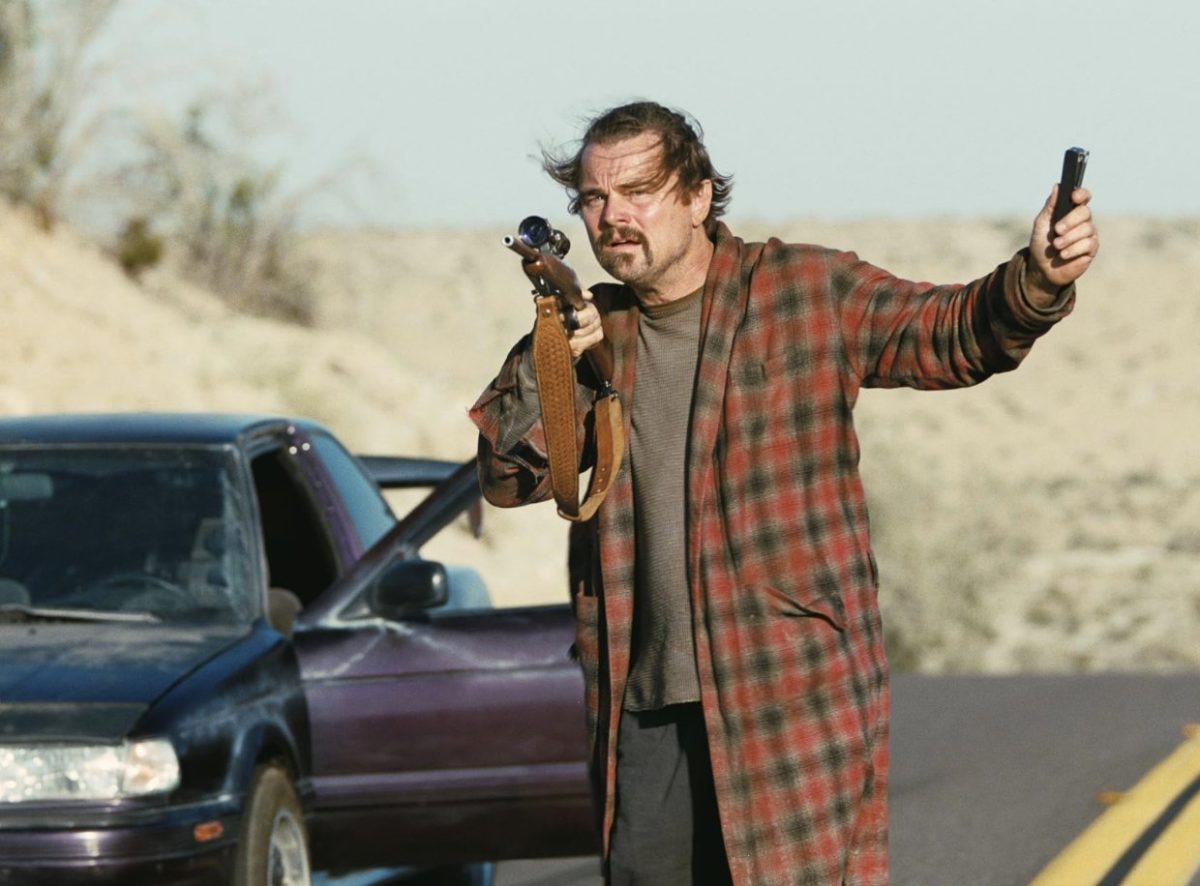
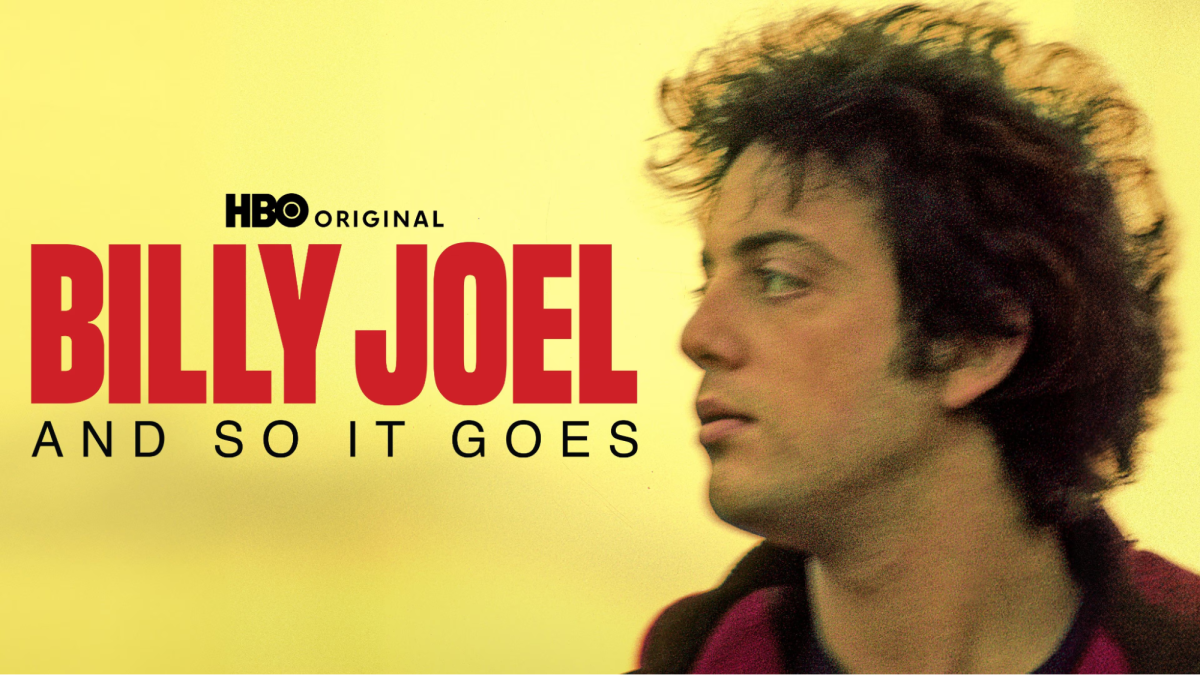





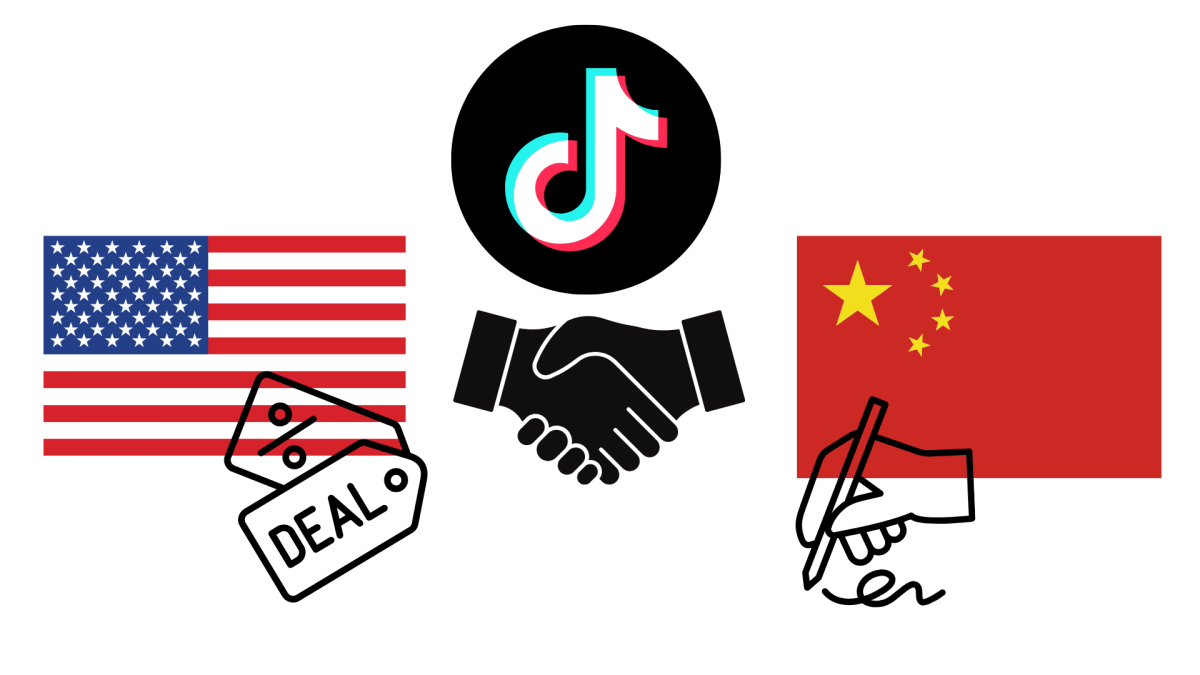



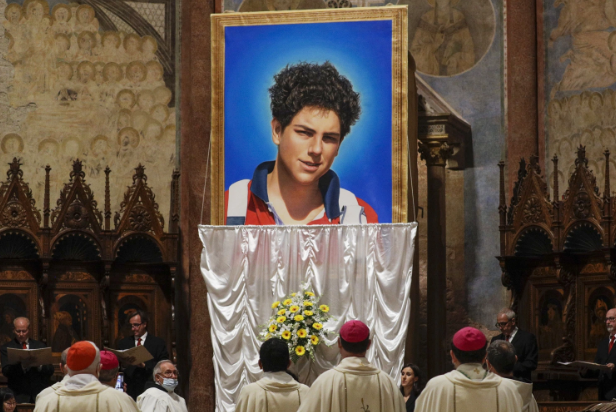
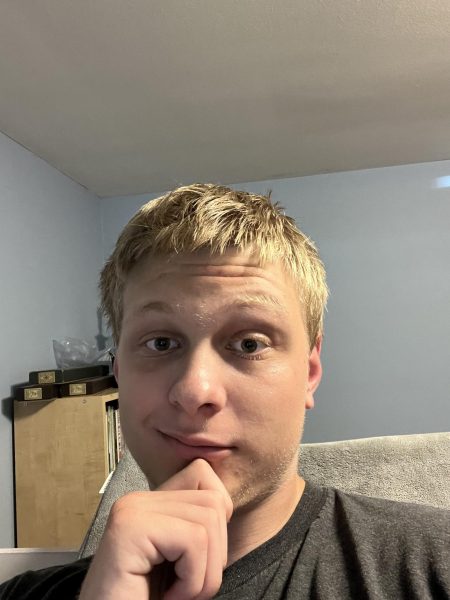
Liz Mcenery • Sep 20, 2024 at 10:16 pm
What an awesome and inspiring moment that was— and a great topic to shine a light on.